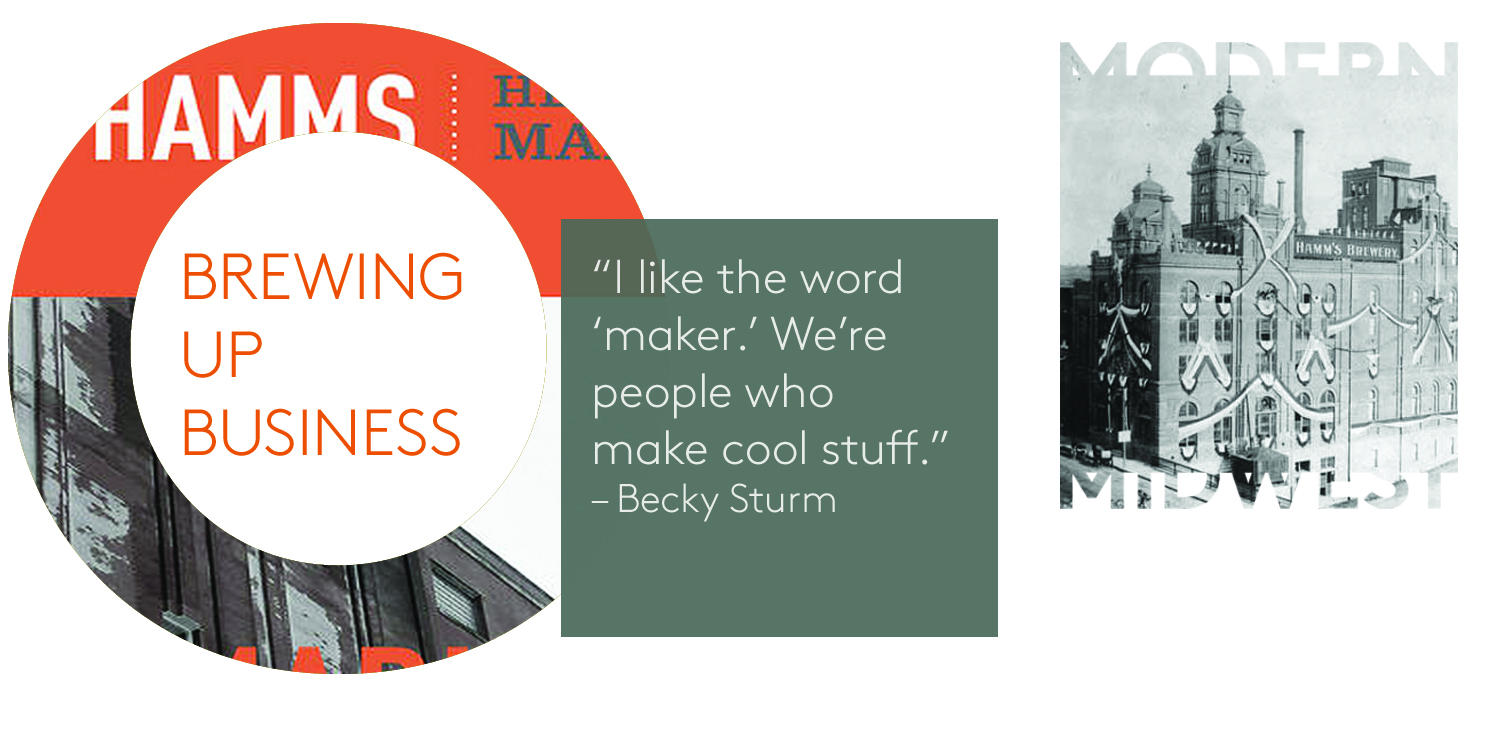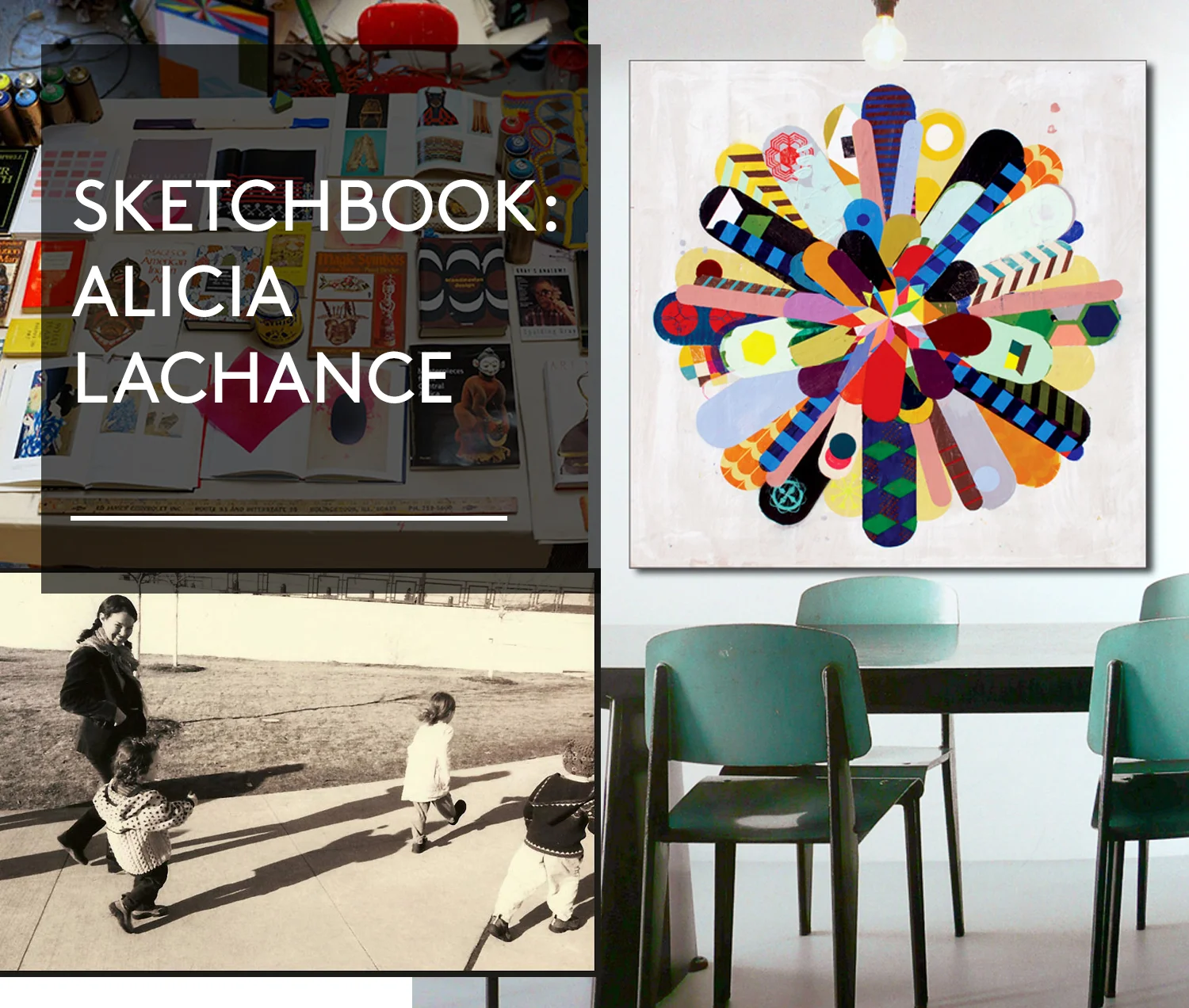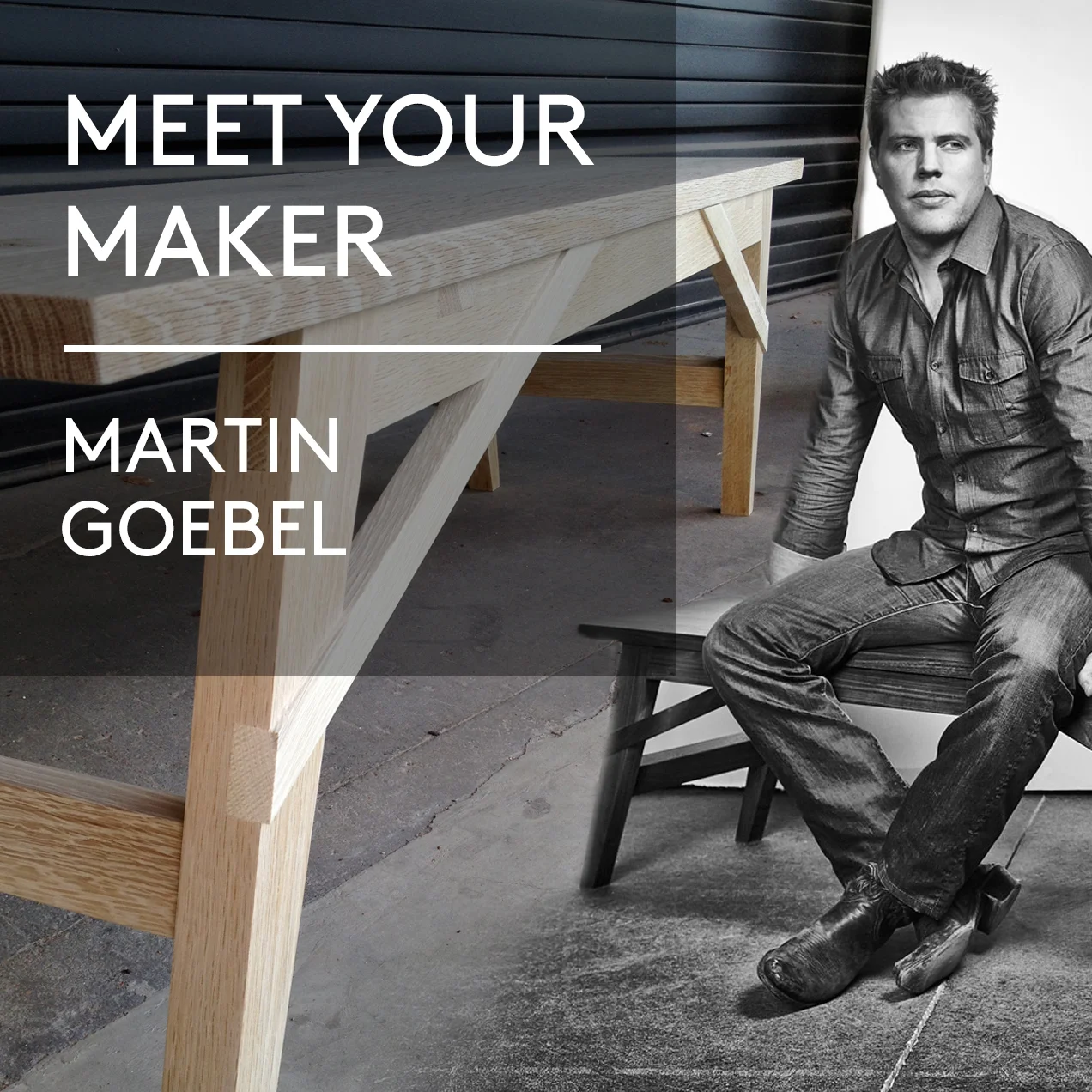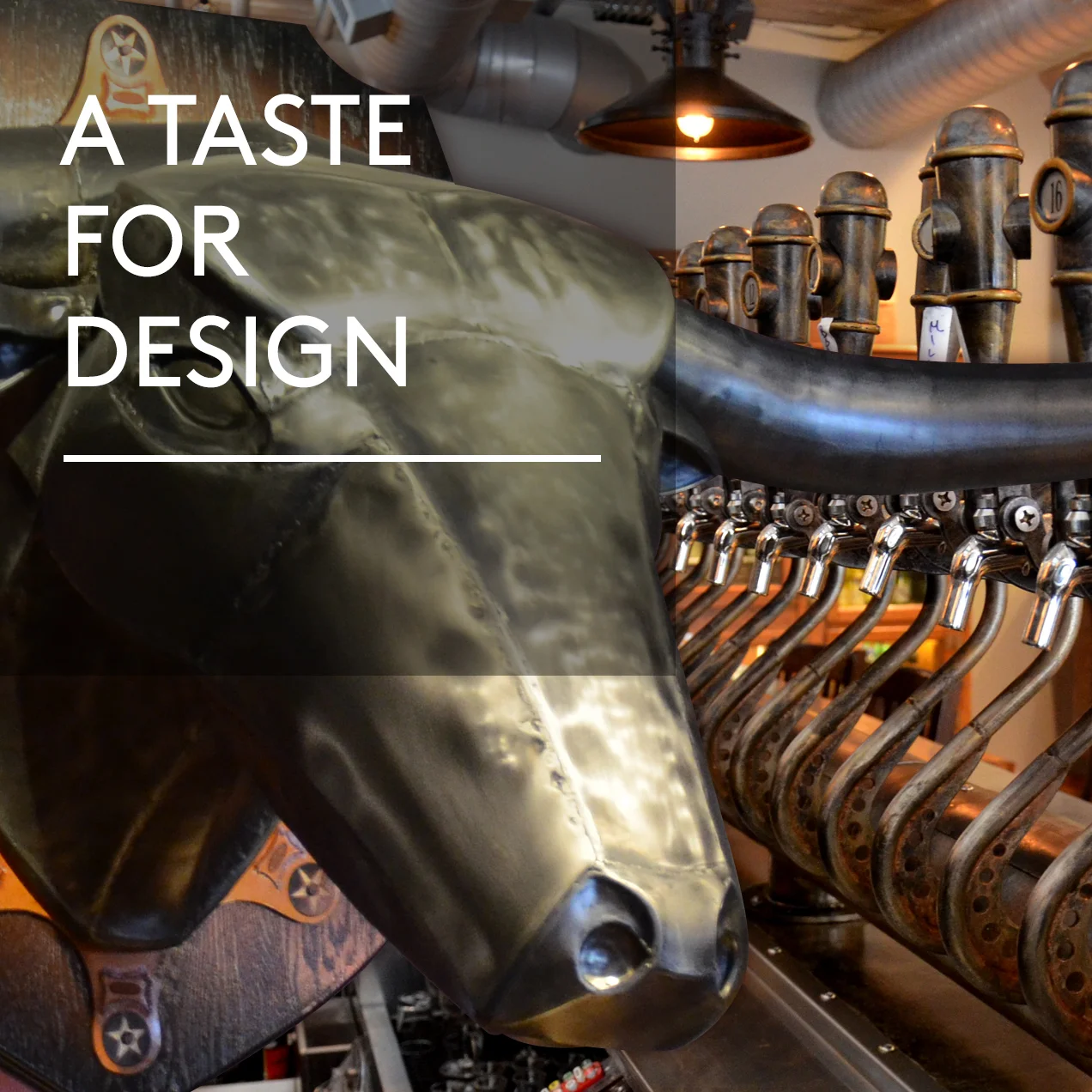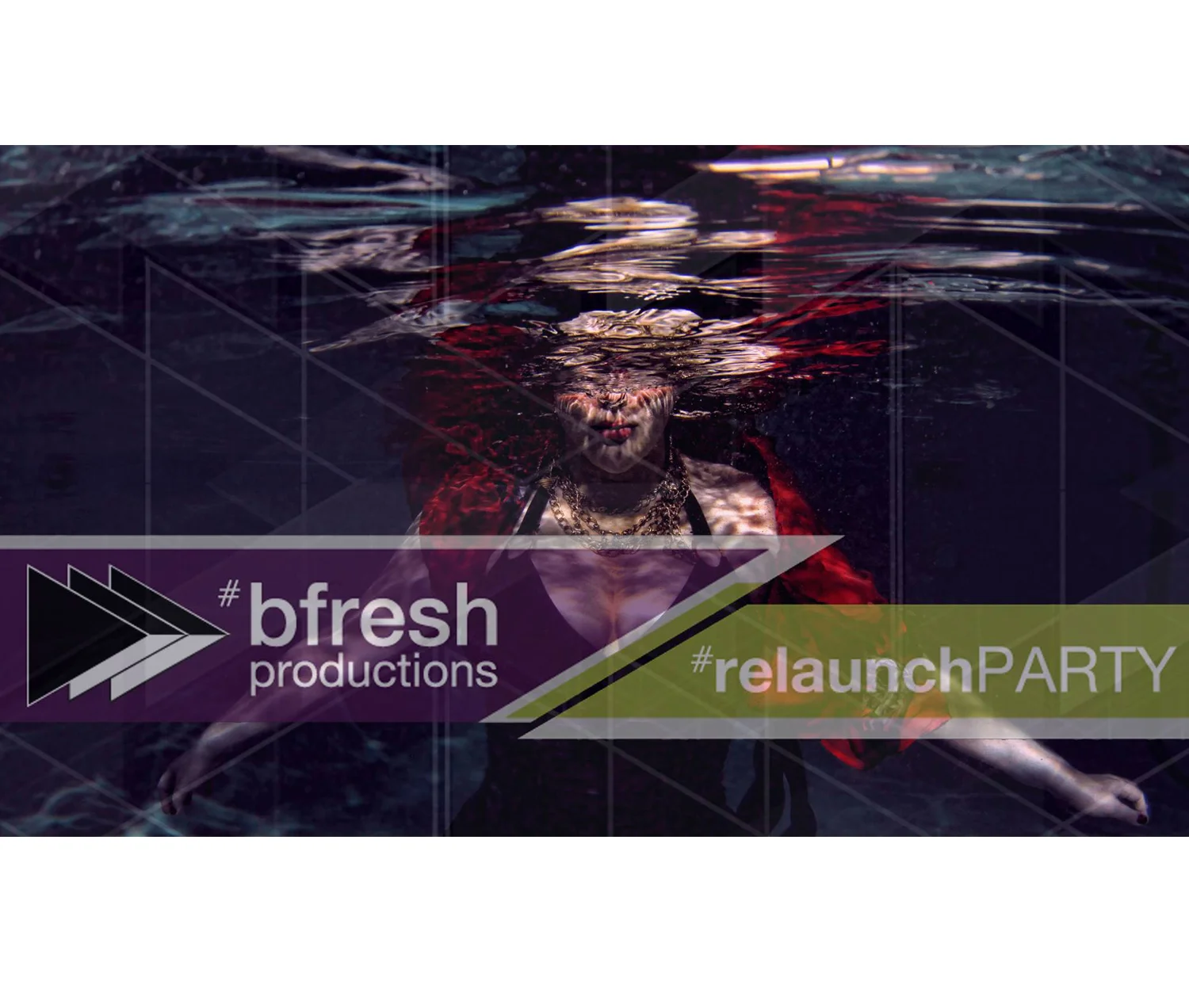HAMMS Launches A New Concept: Pop-Up Crowdfunding
/The Internet has allowed artists to sell their creations all over the world. But many sellers still yearn for face-to-face contact with buyers. And many buyers like to experience the art up close and personal before buying.
Solution: the pop-up shop, a distinctly modern phenomenon. Here one day and gone the next, pop-up shops offer artists and craftspeople a chance to interact with customers one-on-one. Add a festive air and a fun location, and you’ve got the makings of a memorable event.
Organizers of the aptly named HAMMS Event certainly have the location covered. Help A Minnesota Maker Succeed will stage a one-day pop-up shop on April 20 in the shipping dock of the historic Hamm’s Brewery on St. Paul’s East Side.
The Skinny:
- Fun Fact: At its peak, the Hamm’s Brewery shipped four million barrels of beer a year.
- HAMMS Event
April 20, 10 a.m. to 7 p.m.
713 E. Minnehaha Ave., St. Paul - hammsevent.com
- Becky Sturm
- becky@stormsister.biz
Photo credit: Brett Hurlbut
The yeast that gave rise to beer has been replaced by art giving rise to commerce – because HAMMS is a crowdfunding event. One vendor at the event, chosen during a random game of chance, will get up to $5,000 from ticket sales and donations.
“So many small businesses can’t afford a storefront. We have online stores and we can’t afford a storefront,” said Becky Sturm, who organized the event with fellow maker Sairey Gernes. “So we band together, find a cool space, and go.”
HAMMS has signed up 35 vendors to date for the juried event, with a skew toward fashion and beauty. But as an event aimed at “women, men and dogs,” there will be pet vendors in the mix as well. Sturm hopes to sign up a dozen or more additional vendors.
HAMMS, she said, is about art, commerce and a way of living.
“We’re people who make cool stuff,” Sturm said. “We’re making a living doing what we love to do. But people are still shopping those big boxes, going to all of these places where there’s tons of money for advertising. We’ve kind of brainwashed the consumer to spend their money there.
“I hear constant frustration from makers: ‘When are people going to pay attention to us?’ We have to deal with two generations of people used to doing things a certain way. This event is all about makers supporting one another.”

